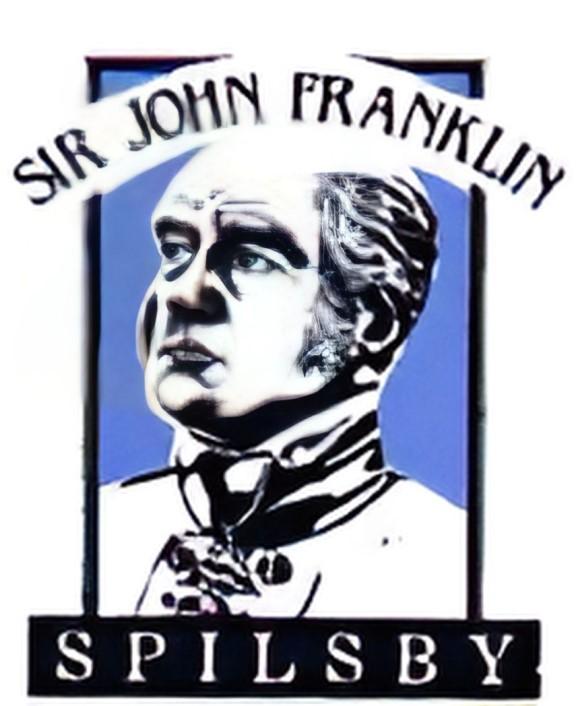Safeguarding Policy

SEPTEMBER 2019
CONTENTS
1. INTRODUCTION
2. DEFINITION
3. POLICY OBJECTIVE
4. AIMS
5. RESPONSIBILITIES AND PROCEDURES
6. DECLARATION
7. POLICY REVIEW
1. INTRODUCTION
a. In the interest of child protection and the welfare and protection of vulnerable adults, Spilsby Town Council is committed to ensuring that children and vulnerable adults are protected and kept safe from harm whilst they are engaged in any activity associated with the Town Council within the Parish.
2. DEFINITION
a. Children & Young People - Anyone under the age of 18 years
b. Vulnerable Adult - Anyone over 18 who is:
● Unable to care for themselves
● Unable to protect themselves from significant harm or exploitation
● Or may be in need of Community Care Services
c. Employees, Councillors & Volunteers- Anyone working for, or on behalf of Spilsby Town Council, whether paid or voluntary.
3. POLICY OBJECTIVE
a. To ensure that, where possible, all facilities and activities offered by the Town Council are designed and maintained to limit risk to children, vulnerable adults, employees, councillors and volunteers as defined above at 2.
b. To promote the general welfare, health and development of children by being aware of child protection issues and to be able to respond where appropriate as a local government organisation.
c. To develop procedures in recording and responding to accidents and complaints and to alleged or suspected incidents of abuse and neglect.
d. As the Town Council does not directly provide care of supervision services to children and vulnerable adults, it expects all children and vulnerable adults using its facilities to do so with the consent and the necessary supervision of a parent, carer or other responsible adult.
4. AIMS
a. The aim of this policy document is to guide members of Spilsby Town Council should any child protection issue or any issues with vulnerable adults arise during their work.
5. RESPONSIBILITIES AND PROCEDURES
a. Any organisation which may make contact with children or vulnerable adults shall be required to show proof of its own appropriate Safeguarding Policy before being allowed to participate in the use of any council owned facilities.
b. A Designated Safeguarding Officer (DSO) will be appointed from within the Council.
c. DSO Responsibilities will include the following:
● Before any Town Council organised event with children or vulnerable persons, they as the appointed DSO, brief all participants appropriately.
● Members are aware of the risk they may face in certain circumstances whilst carrying out their duties.
● Whilst Council members are unlikely to be involved with children during the performance of their duties they are mindful of the risk(s) they face.
● Before any volunteers or paid members of staff are recruited to work with children and vulnerable persons, they are interviewed and two written references are taken up.
● Decisions on whether any person should be Disclosure and Barring Service (DBS) checked will be made by the Council or the Chairman after consultation with the Clerk following the completion of a risk assessment
● All new Councillors are to be provided with a copy of the Safeguarding Policy and are required to acknowledge (by signature) they will abide by it.
● Councillors will adhere to the ‘List of Recommended Behaviour’ namely:
○ A minimum of two adults present when supervising children.
○ Not to play physical contact games.
○ Adults to wear appropriate clothing at all times
○ Ensure that accidents are recorded in an accident book.
○ Never do anything of a personal nature for a young person.
● Records are kept in an incident book of any allegations a young person may make to any committee member or volunteer. The incident book to be available at every Full Town Council meeting for inspection.
● If there is a child abuse incident it must be reported to the DSO who will be responsible for ensuring the matter is handled in accordance with the Local Safeguarding Children Board procedures and also referred to the Council for further action as appropriate and future risk assessment.
● Facilities offered by the Town Council will be inspected on a regular basis and at least annually by a representative of RoSPA or a similar organisation.
● Sharing information about child protection and being proactive with partner organisations, councillors, employees, volunteers, parents and carers.
● In the event of a contractor, working directly for the Town Council, being deemed to be working in any area where children or vulnerable adults may be at risk, then that contractor will be asked to provide their Safeguarding Policy.
6. DECLARATION
a. Spilsby Town Council is fully committed to safeguarding the well-being of children and vulnerable adults by protecting them from physical, sexual or emotional harm and/or neglect.
b. All members of Spilsby Town Council should read the Safeguarding Policy. Having read the Policy they should be proactive in providing a safe environment for children and vulnerable people who are involved in the Town Council Activities.
7. POLICY REVIEW
a. This policy will be reviewed annually by the Council to ensure that it is relevant to working practice.
